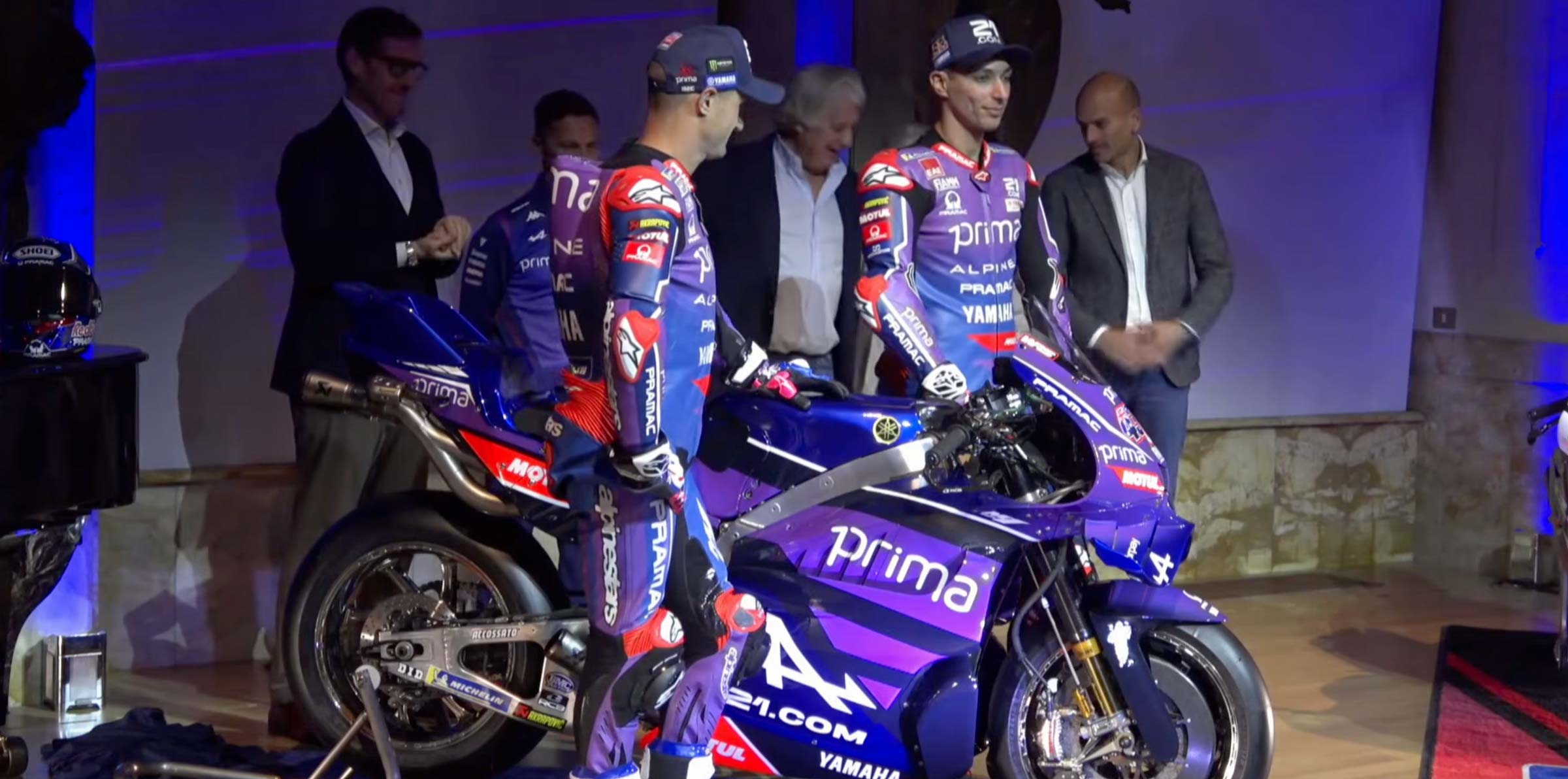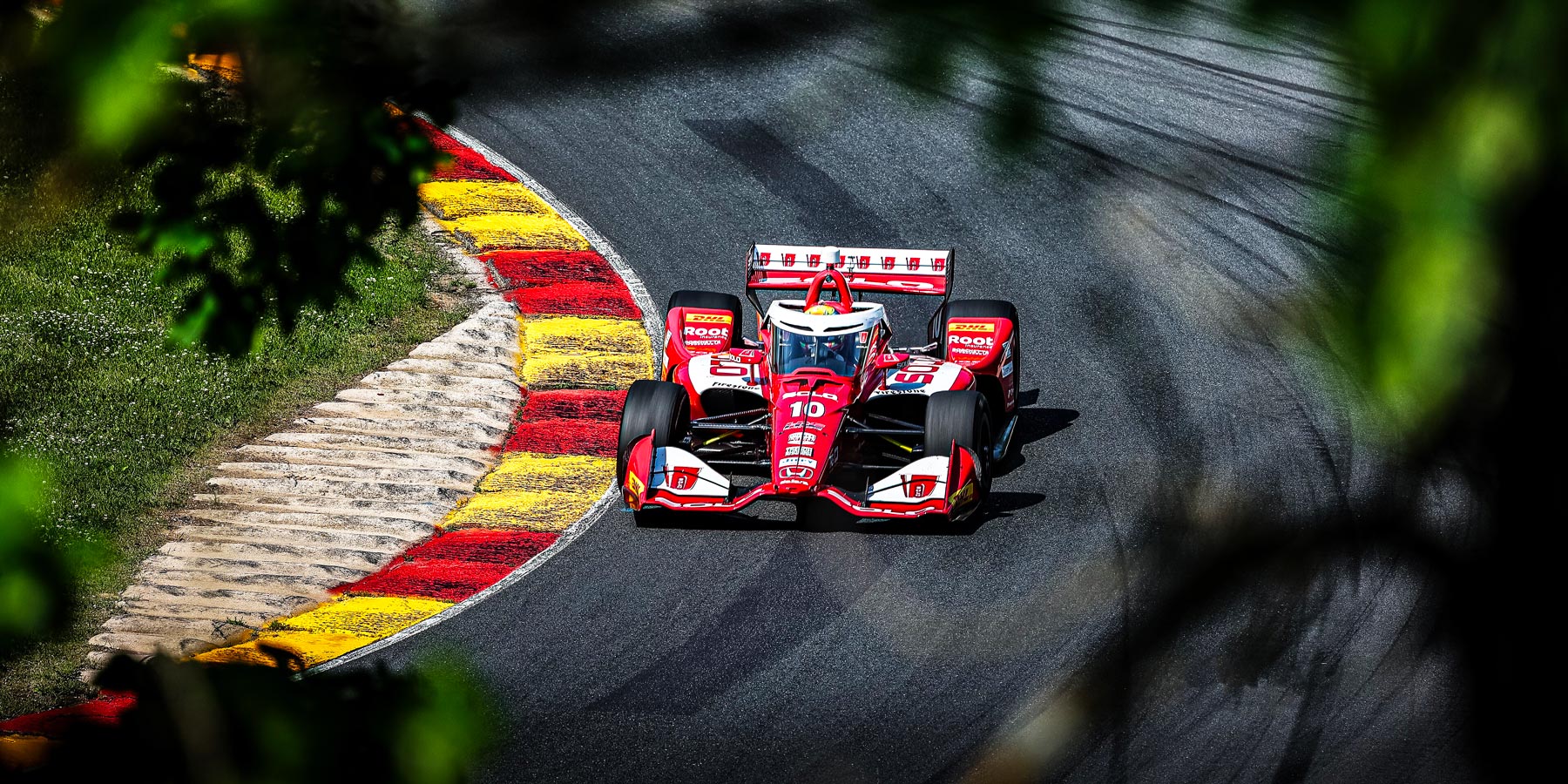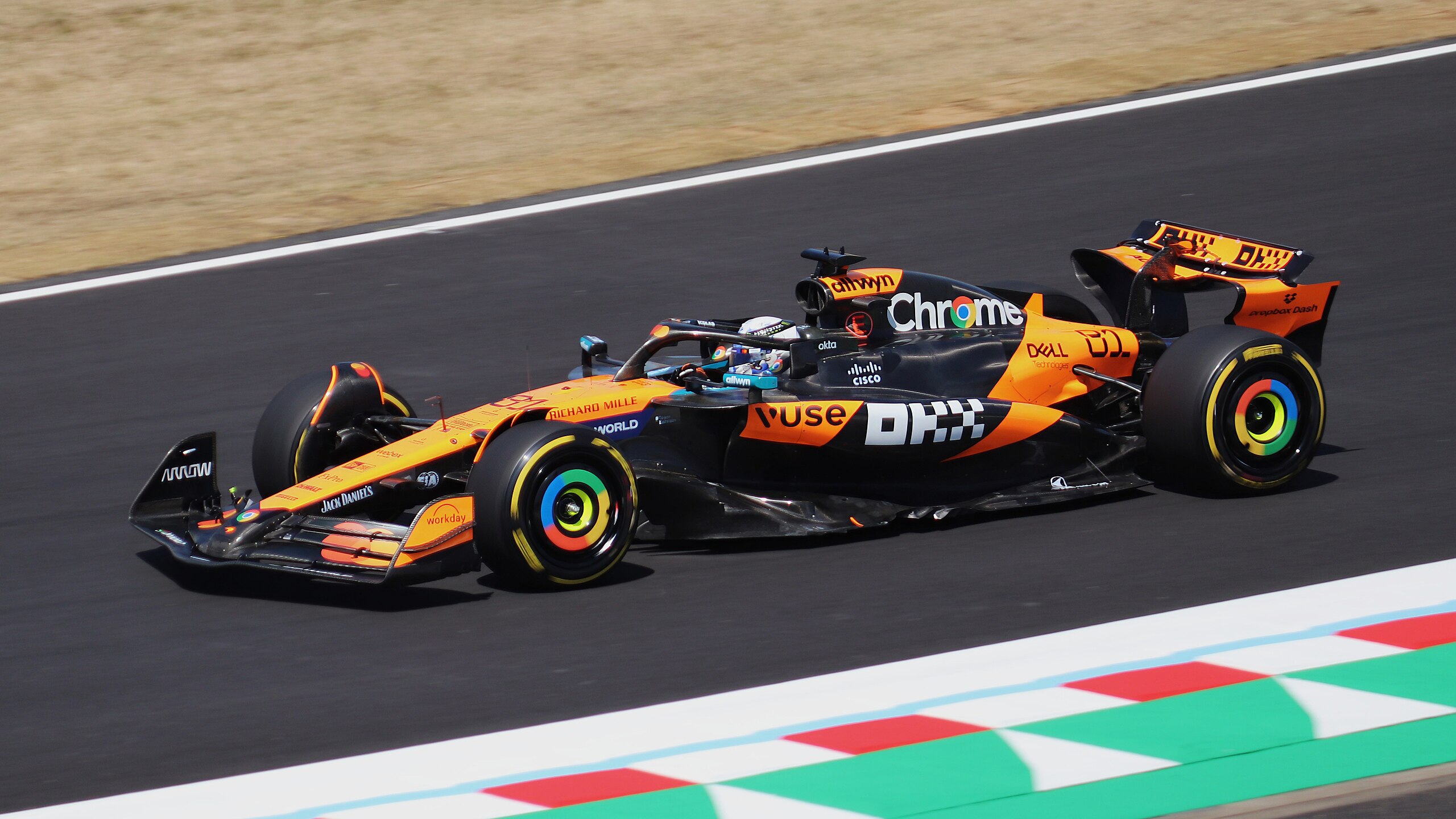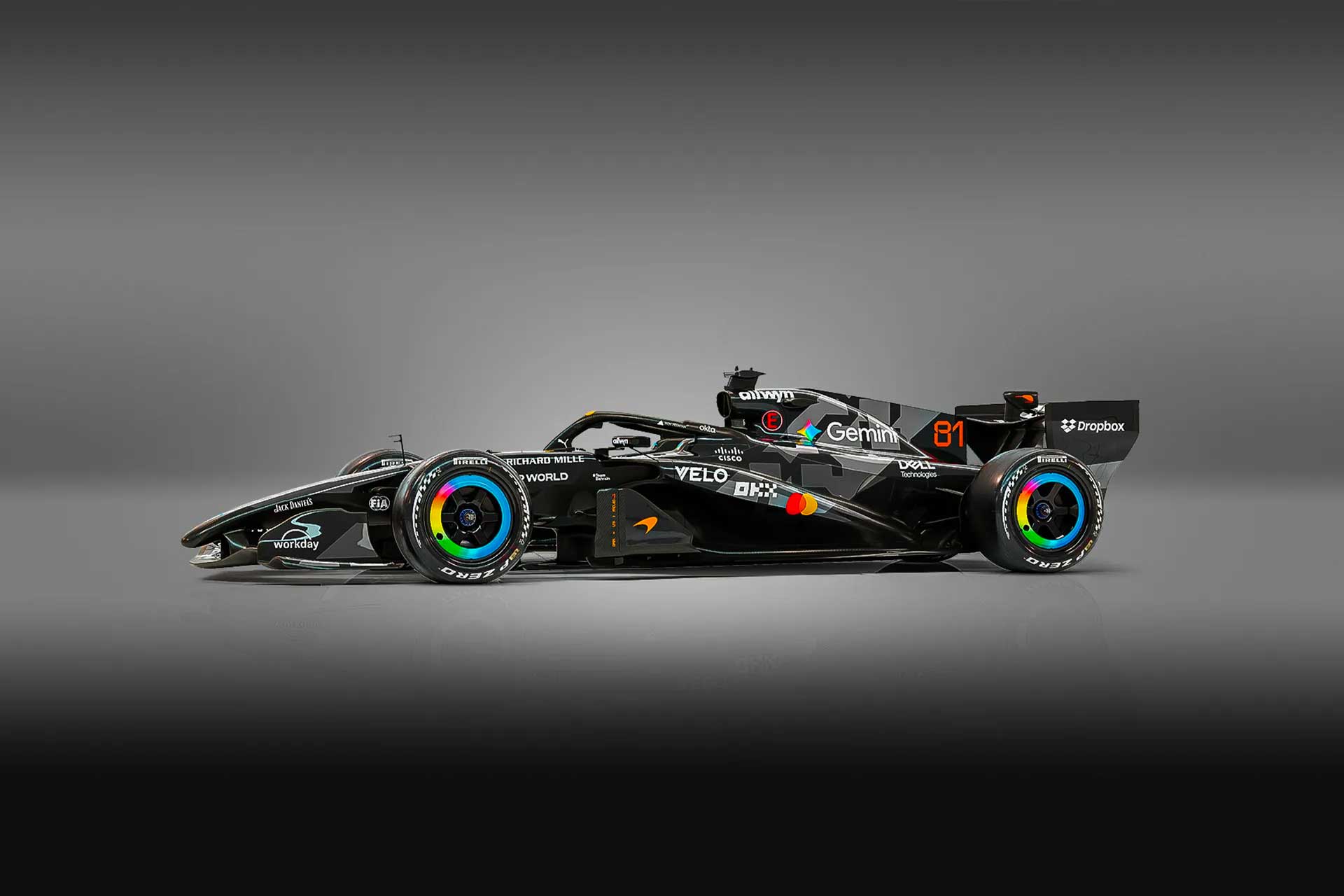Experiential sports marketing
Experiential sports marketing has become an essential tool for engaging consumers and building brand loyalty in the highly competitive sports industry. By creating immersive and memorable experiences that connect with fans on an emotional level, sports marketers are able to drive sales, increase brand awareness and collect valuable consumer data.
In this article, we will explore the different types of experiential sports marketing strategies, the benefits and challenges of this approach, and best practices for successful activation. We will also examine the future trends in experiential sports marketing and how they will shape the sports industry in the years to come.
1. What is Experiential Sports Marketing?
Defining Experiential Sports Marketing
Experiential sports marketing involves creating immersive experiences that allow consumers to engage with a brand, product or service. It is a marketing strategy that emphasizes the physical and emotional experiences of the consumer, rather than simply providing information about a product or service.
Examples of Experiential Sports Marketing
Examples of experiential sports marketing include interactive fan zones at sporting events, athlete appearances, product demonstrations or sampling at sports retailers, and sponsorships of youth sports teams. These types of experiences often allow sports fan to participate in activities related to sports or fitness, while also creating a memorable association with the brand or product.

2. Types of Experiential Sports Marketing Strategies
Sampling and Product Demonstrations
Sampling and product demonstrations enable consumers and sports fans to touch, feel, and experience a product firsthand. This strategy works well for sports products such as running shoes, fitness apparel and equipment but also for consumer electronics or food and beverage to name a few. The better the “experience” the bigger the impact on the bottom line.
These are the foundations of of customer based brand equity that is all about how much your customers like your brand and how that affects your business. If your customers really know and like your brand, your business will do better (as long as they have good experiences with it).
Event Sponsorship and Activation
Event sponsorship and activation involve creating experiences for consumers at sporting events, such as fan zones, interactive activities, or athlete appearances. This strategy allows brands to connect with consumers in a relevant and meaningful way. It is an exciting brand experience that has many positive impact… and what a better opportunity to engage them while they are at their favorite sporting events.
Consumer Contests and Sweepstakes
Contests and sweepstakes create excitement around a brand or product and encourage interaction with consumers. This strategy can also be used to collect valuable consumer data for future marketing efforts. For instance a Database of potential customers and fans built at a major events not only gives to the company the opportunity to keep talking with its potential consumers but it also create good will towards the brand.
From a marketing perspective, a great prize or a unique experience for a customer can also be leveraged as a useful PR moment for the company to gain more visibility, both on social media and among event participants
In-Store Promotions and Displays
In-store promotions and displays incentivize consumers to engage with a brand or product while shopping at a sports retailer. These strategies often include interactive displays or product demonstrations and are very effective in shaping the consumer perspective on certain products.

3. Benefits of Experiential Sports Marketing
Creating Brand Awareness and Loyalty/Increase Brand Awareness
Experiential sports marketing is a powerful tool for creating brand awareness and loyalty. Consumers are more likely to remember and have positive feelings towards a brand that they have had a personal interaction with.
Building Emotional Connections with Consumers
Experiential sports marketing is also an effective way to build emotional connections with consumers. By creating positive experiences related to sports or fitness, brands can tap into consumers’ passion for these activities and create a strong bond.
Driving Sales and Revenue
Experiential sports marketing can also be a powerful driver of sales and revenue. By giving consumers the opportunity to try out products or experience services, brands can increase the likelihood of a purchase. Brand associations created in pleasant and consumer-friendly contexts results in brand preference that benefits the company in the long run.
Collecting Valuable Consumer Data
Experiential sports marketing can also provide valuable consumer data through surveys, contests, and other interactive experiences. This data can then be used to inform future marketing efforts.
4. Challenges of Experiential Sports Marketing
Budget Constraints
Experiential sports marketing can be costly, especially for smaller brands with limited resources. Careful planning and prioritization is necessary to ensure that the budget is allocated effectively and that our activity engages fans and attendees efficiently and create a positive impact.
Measuring ROI and Effectiveness
Measuring the return on investment (ROI) and effectiveness of experiential sports marketing can be challenging. Brands need to develop clear metrics and strategies for evaluating the success of these initiatives.
Logistics and Planning
The logistics and planning of experiential sports marketing initiatives can be complex, especially for events or activations that involve multiple locations or large crowds. Careful planning and execution is necessary to ensure that everything runs smoothly.

5. Measuring the Success of Experiential Sports Marketing
Experiential sports marketing is an effective way to create meaningful connections with consumers, but it’s important to measure the success of these activations. Success metrics can vary depending on the specific goals of the campaign, but common metrics include engagement, reach, conversion rates and sales.
Defining Success Metrics
Engagement measures how well the activation captured the audience’s attention and influenced their behavior. This can include metrics like time spent at the activation, number of interactions with the brand, and social media mentions. Reach measures how many people were exposed to the activation, typically through social media reach, website traffic, or media coverage. Conversion rates measure how many people were moved to take a specific action, such as making a purchase or signing up for a membership. Sales…. are sales.
Tools and Methods for Measuring Success
There are a variety of tools and methods for measuring the success of experiential sports marketing activations. Surveys and questionnaires can be an effective way to collect feedback from attendees and measure the impact of the activation on their perception of the brand. Social media monitoring can track mentions and engagement with the brand on social media platforms. Website analytics can measure traffic and conversion rates from the activation. It’s important to determine which metrics are most important to the success of the campaign and use the appropriate tools to measure them.
6. Best Practices for Experiential Sports Marketing Activation
Successful experiential sports marketing activations require careful planning and execution. Here are some best practices to keep in mind:
Understanding Your Target Audience
The first step to creating a successful experiential sports marketing activation is to understand your target audience. What are their interests and behaviors? What types of experiences will resonate with them? The better you understand your audience, the more effective your activation will be.
Creating Unique and Memorable Experiences
To stand out in a crowded market, experiential sports marketing activations need to be unique and memorable. This can be achieved through creative design, interactive elements, live music or unexpected surprises. The goal is to create an experience that attendees will remember long after the event is over.
Partnering with the Right Sports Properties
Partnering with the right sports properties can be key to the success of an experiential sports marketing event. Choosing properties that align with the interests and values of your target audience can help ensure a successful activation. It’s also important to consider the reach and influence of the property to maximize the impact of the activation.
7. Future Trends in Experiential Sports Marketing
As technology continues to evolve, so does the world of experiential sports marketing. Here are some future trends to keep an eye on:
Incorporating Technology and VR experience
Technology can be a powerful tool for enhancing the experiential sports marketing activation. Incorporating virtual reality, augmented reality and other immersive technologies can help create engaging and memorable experiences for attendees.
Customizing Experiences for Individual Consumers
As technology continues to evolve, experiential sports marketing activations can become more personalized and tailored to individual consumers. This can be achieved through the use of data and analytics to create customized experiences that resonate with each attendee.
Rest assured that the future holds increasingly sophisticated and effective experiential marketing activities that can change consumers’ perceptions of a brand and ultimately perceived brand equity.
Expanding Reach through Social Media and Influencers
Social media and influencers can be powerful tools for expanding the reach of experiential sports marketing activations. By partnering with influencers and creating shareable content, sports brands activations can reach a wider audience and drive engagement. Participation marketing continues to evolve and grow as technology and consumer expectations change.
By staying up-to-date with the latest trends and best practices, many marketers can create customer experiences that resonate with fans and drive business success. With the right strategies, detailed information and tech tools in place, experiential sports marketing will continue to be a powerful way to engage consumers and elevate brands in the competitive sports industry.
FAQs
What is the difference between experiential sports marketing and traditional sports marketing?
Experiential sports marketing differs from traditional sports marketing in that it focuses on creating memorable and immersive experiences that connect with consumers on an emotional level. Traditional sports marketing, on the other hand, typically involves advertising and sponsorships, such as placing ads on billboards or sponsoring teams or events.
How do you measure the success of experiential sports marketing?
Measuring the success of experiential sports marketing can be challenging, but there are several metrics that can be used, such as foot traffic, event attendance, social media engagement, and sales data. Marketers can also collect feedback and consumer data through surveys or other methods to determine the impact of the experience on consumer perceptions and behavior.
What are some best practices for successful experiential sports marketing activation?
Some best practices for successful experiential sports marketing activation include creating unique and memorable experiences, understanding your target audience, partnering with the right sports properties, using technology to enhance the experience, and measuring success through defined metrics.
What are some future trends in experiential sports marketing?
Future trends in experiential sports marketing include incorporating virtual reality and other technologies to enhance the experience, customizing experiences for individual consumers, and expanding reach through social media and influencer partnerships. As technology and consumer expectations continue to evolve, experiential sports marketers will need to adapt and innovate to stay ahead of the curve.












